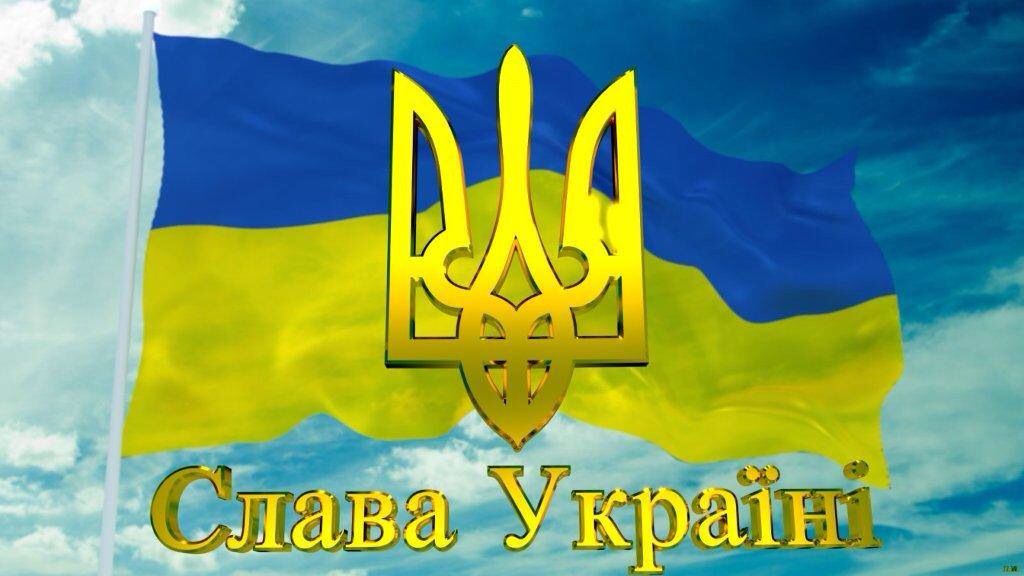
(Image: pinterest.com)
Yes, I also uttered that watchword once. But before scolding me with swinish fury in your comments, please let me tell you how it happened.
It was my very first trip to Ukraine. I knew nothing about that country except that it was a former SSR, many people spoke Russian and there were beautiful women. Seizing the chance that no visa was required for European citizens, I simply crossed the border from Poland, where I was by then, and landed in Lviv. There I sought accommodation in a youth hostel, packed as they usually are by young people, in this case mostly Ukrainians–plus some other senior travellers like myself–by whom I felt warmly received. Thanks to Couchsurfing (that extremely useful but ill-fated website) I soon got acquainted with a bunch of other equally welcoming Ukrainians eager to meet foreigners (on which to preach their cause, as I later found out). In less than a week, I saw myself in the company of a dozen new enthusiastic acquaintances who were very happy to join me up, engage in conversations and show me around. It didn’t take me long, however, to realize that there was, among these folks–and generally in Lviv–a sort of atmosphere that felt quite familiar to me, since I had previously seen something similar in two other places: Catalonia (a well-known secessionist region in Spain) and Ireland. What I found in common between the three of them was this imprecise yet unmistakable spirit of opposition, of antagonism and ‘insular rebelliousness’ if I may use the term, by virtue of which their people’s attitudes and conversations geared, rather than fruitful constructiveness, to sterile discredit and negation. Their energies, instead of being spent mostly to create or build up something useful and productive, were in a good part wasted in proving their distinctiveness from something else, in stating not what they are, but what they are not: the Irish are not British, the Catalonians are not Spaniards and the Ukranians are not Russians. These societies, who seem to be based not so much in thesis but in antithesis, whose existence depends on opposing others, are apparently lacking in real substance. I can’t help thinking that, should those ‘others’ suddenly disappear, these peoples would find themselves without a reason for being and much of their discourse, stimuli and motivating force would crumble.
And so it turned out that none of the Russian words I had learnt for the occasion were approved by my new Ukrainian acquaintances: instead of privet I had to say zdorov; instead of spasibo it was dyakuyu; pozhaluista was replaced by bud-laska, and so on.
One day this young cabal took me, with some sort of juvenile, merry secrecy, to an underground pub where, in order to be admitted by the doorman, one had to pronounce a codeword. My friends, of course, had already instructed me about it: slava ukraini. Needless to say, I did not have a clue of what it meant — nor could I care less. That password thing sounded to me puerile Freemasonry, and I just wanted to have a nice while. So, I uttered the Open sesame and was, in effect, given free entry to the conspirers’ den, where I did amuse myself among them.
It was only five years later, following the Maidan revolt, when I realized the meaning of the aforementioned slogan and learnt about its context and background. Now everything fitted into place, and I understood my early perception of (West) Ukrainians as a people who, alike the Catalonian (perhaps not so much the Irish), was driven by reject towards another, greater one.
